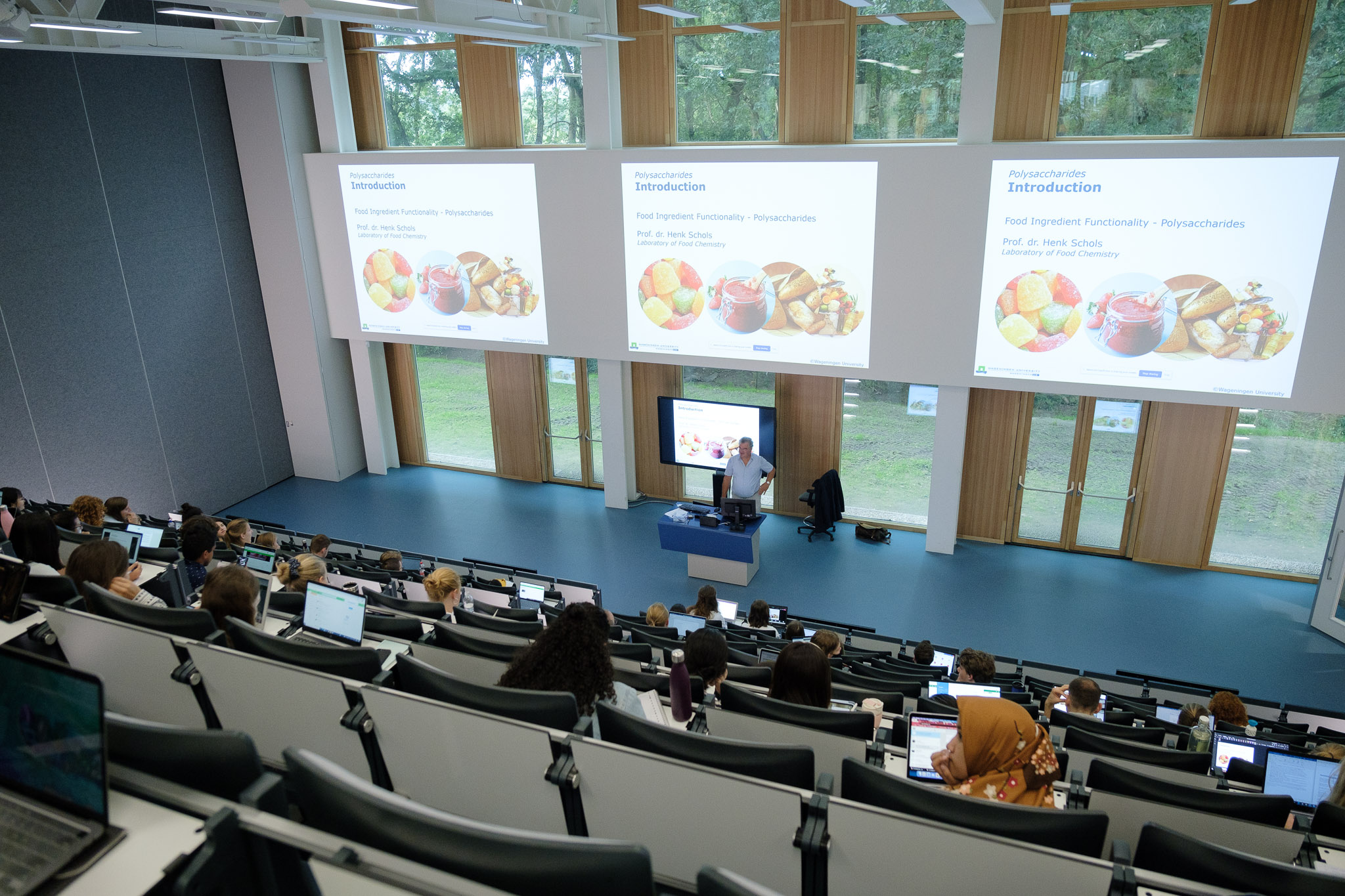The Education Council recommends that the cabinet ensure young people can choose their education in alignment with their interests and ambitions rather than steering toward benefiting the employment market.
A drop in the number of students is expected, especially if the influx of international students is curbed. Smaller programmes in secondary vocational education and tertiary education are in danger of disappearing. This, coupled with a historically wanting employment market and shortages of personnel in the care industry, education and engineering, begs the question of how to address this issue. Minister Eppo Bruins sought advice from the Education Council. A short letter by the council’s most controversial recommendation: do not place too much focus on the employment market.
Budget cuts
Of course, the Education Council also describes the effects of the budget cuts, which make it more challenging for education institutes to maintain their range of programmes. The Council underscores that a proper range of study options requires sufficient funds available on the education budget, especially in times of austerity.
Tailored solutions may be required for specific programmes, which means increasing funding. Education institutes may decide to terminate programmes, but they must do so in consultation with other institutes nearby. The ministry of Education must ultimately monitor the range of programmes at a national level more closely than it is currently doing to prevent some programmes from disappearing altogether. In discussions on this topic, the Council states that the employment market is increasingly being taken into consideration. Some even suggest forcing or coercing students to opt for specific sectors.
‘Unwanted’
The council urges caution. Control to benefit the employment market is ‘unwanted, ineffective and unhelpful’, the letter states. Stimulating measures such as lower tuition fees, guaranteed employment and a bonus upon graduation have little effect on prospective students’ choices. Moreover, fluctuations in the employment market are difficult to predict. You never know what shortages will occur in the future. And graduates can always transfer to a different sector.
Freedom of choice is a key element in the Durch education system and must not be subjugated to the employment market’s wishes. What Minister Bruins will do with the recommendations remains to be seen. A response is expected within three months.

 Free choice of education is a key element in the Dutch education system, the Education Council states in a letter addressed to Minister Eppo Bruins. Photo Guy Ackermans
Free choice of education is a key element in the Dutch education system, the Education Council states in a letter addressed to Minister Eppo Bruins. Photo Guy Ackermans 

